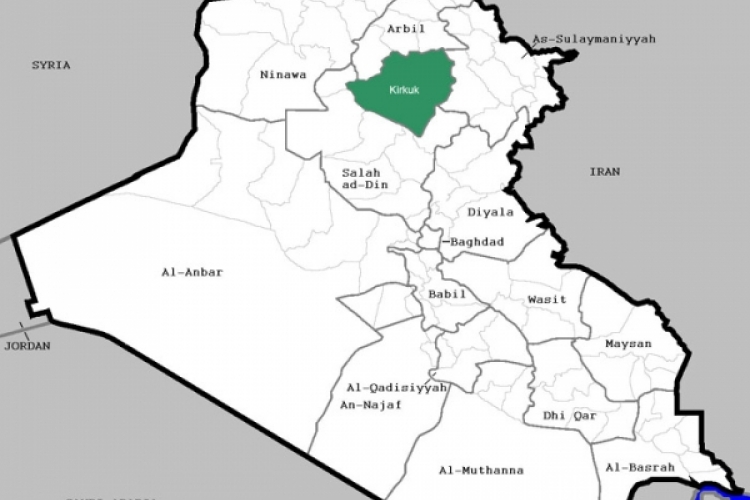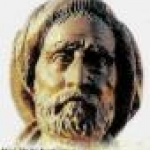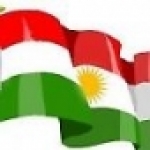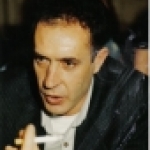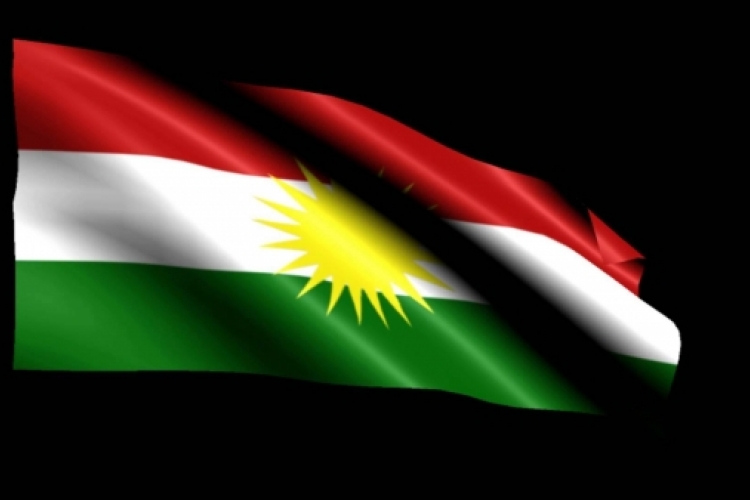The Uncertain Status of Kirkuk | RAZ JABARY
Rudaw.net -
The richest city in Iraq is probably the last to be restored to value. The city is so overwhelmingly vast in its population diversity and problematic issues that a day within it will give any visitor a representative picture of all the problems remaining in the entirety of Iraq.
The reason of the city’s devastating situation lies in the political rivalry between the different groups. Unlike within the Kurdistan Region’s official territory, Kurdish politicians based within Kirkuk are less likely to take liability for matters knowing that their future political prospects might be at stake as a result of the opposition that their choices and actions might invoke among other ethnic groups.
Likewise, Kurdish entrepreneurs are less likely to invest into business opportunities when having no guarantees of long-term stability, both from a safety as well as a political perspective. They are the defining factors that profoundly set Kirkuk apart from the two more northerly located Kurdish cities in terms of development.
Although not the main reason, but most definitely a catalyst of Turcoman opposition to the incorporation of Kirkuk within the official boundaries of the Kurdistan Region is their fear of assimilation into society without a special recognition of their distinctiveness as an ethnic group.
It is the Kurdish government’s task to promise and ensure a more embracing stance towards this group, such as an elite governmental representation, like the allocation of Ministerial posts so as to ensure a more open stance held by Turcomans regarding this matter.
Increasingly further do the Kurdistan Region and the rest of Iraq - including Kirkuk - drift apart from each other, both noticeable from people’s mentality as well as clear concrete issues; female emancipation seems to be a century apart; the new Kurdish generation speaks little or no Arabic.
One could even go down to the smallest details: Kurdish jewelers complain of Iraqi necklace pendants not being sold; Kurdish TV commercials focus on relatively minor issues such as people’s hygienic disposal of waste and the wearing of seat belts rather than spots recommending and encouraging personal action against terror threats.
The somewhat still unsure future status of the city and the ongoing inter-ethnic distrust has left it exposed to awful negligence; neighborhoods seem to serve as garbage dumps; cars ghost drive because of a lack of decent roads; queues for petrol can be several miles long.
On arrival to Kirkuk’s entry control post on its outskirts either from the direction of Erbil or Sulaimani, any visitor will be directly reminded of the fact that they are still within a warzone. Heavy military vehicles and fully uniformed military personnel, both American as well as Iraqi - Kurds in Iraqi uniforms - are guarding the posts.
Safety is clearly still a very top priority; gas stations have eliminated any reach to mobile phone networks; police and the army wear black baklavas in the burning midday heat; the existence of clearly defined Kurdish, Arabic and Turcoman areas of residence and the presence of their own separate special security forces, heavily armed and in great numbers.
As of now, no factors seem to indicate a sudden improvement in the city’s situation. Kirkuk will remain the problematic city as it is until at least after the rest of Iraq’s issues have been dealt with and somewhat diminished, and this obviously takes time. No powerhouse intends to spend time and money on it for as long as its future remains unknown.
http://www.rudaw.net/english/science/op-ed-contributors/3152.html

